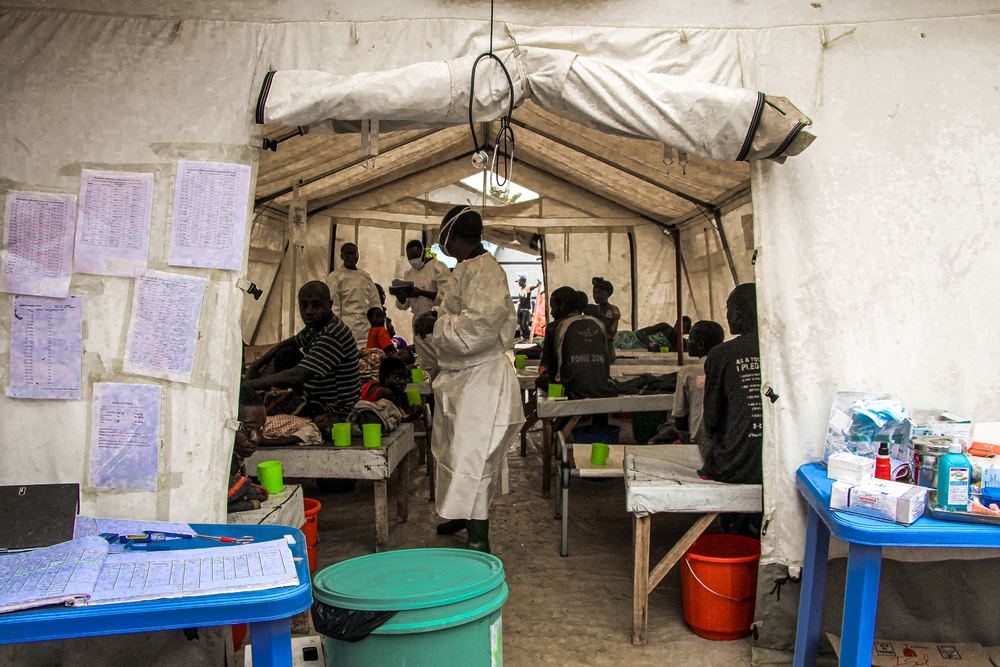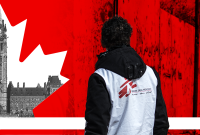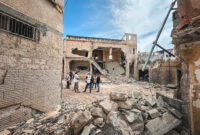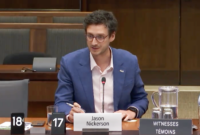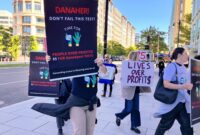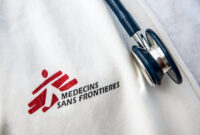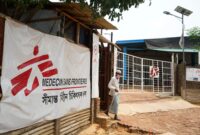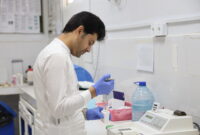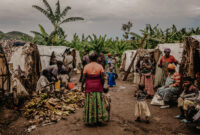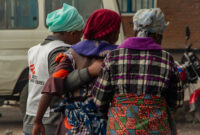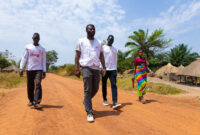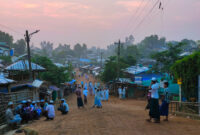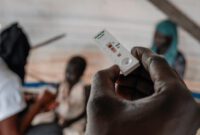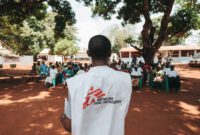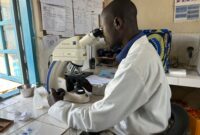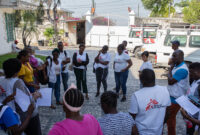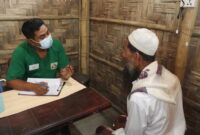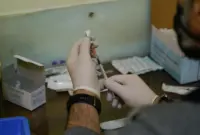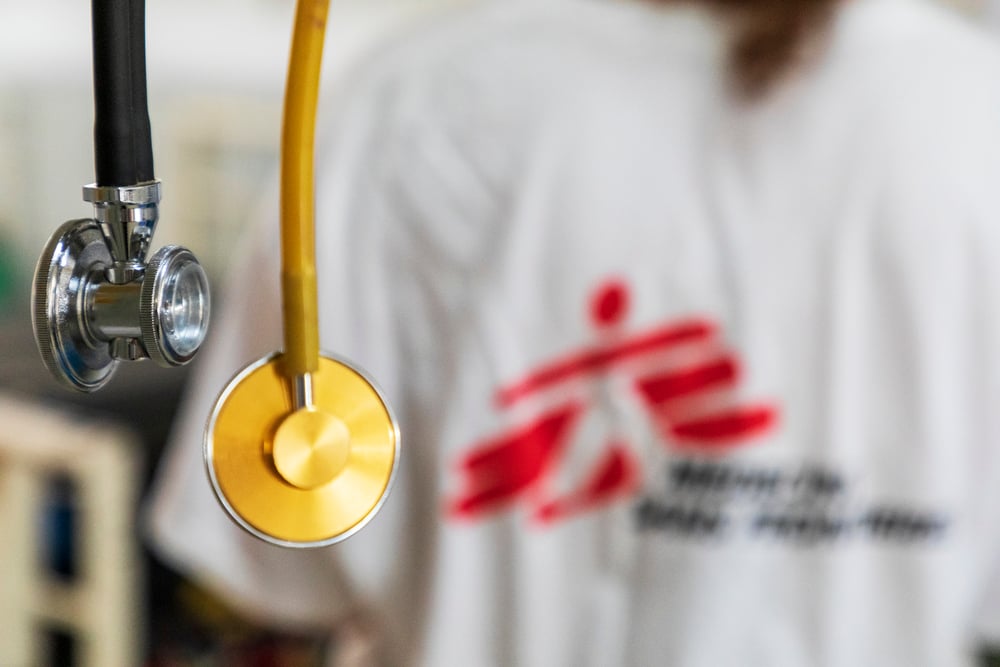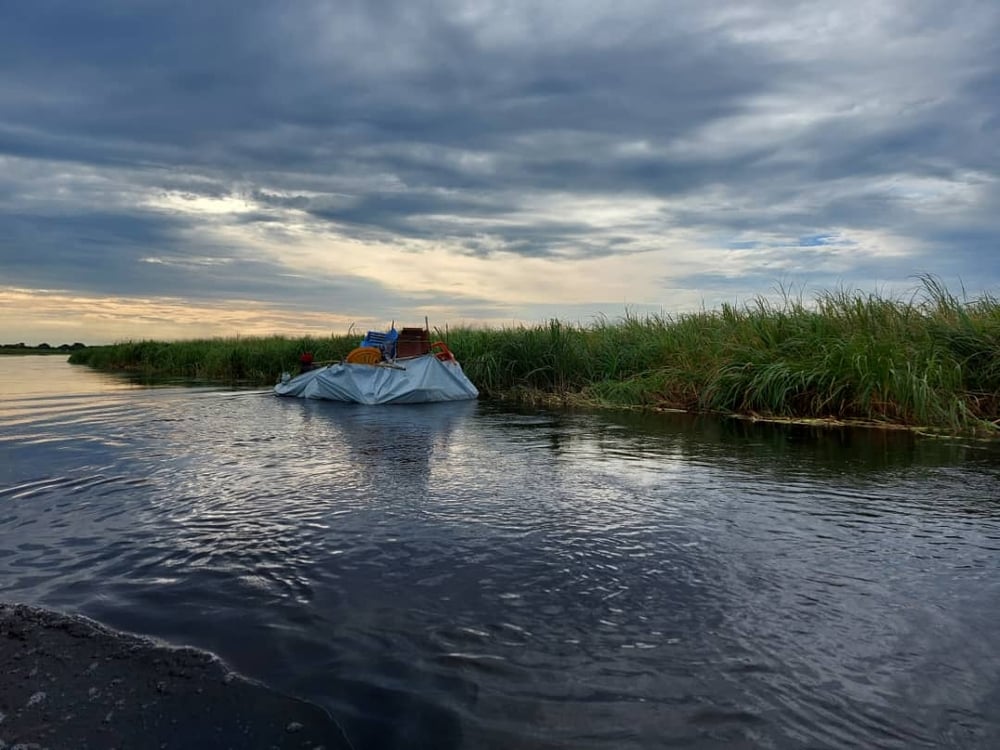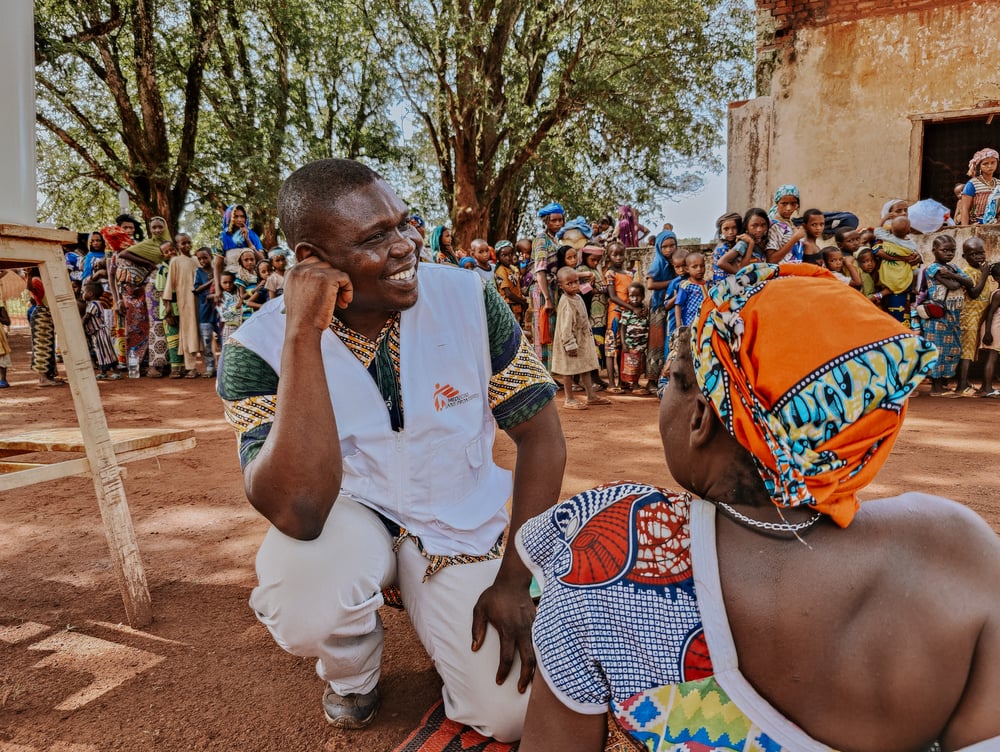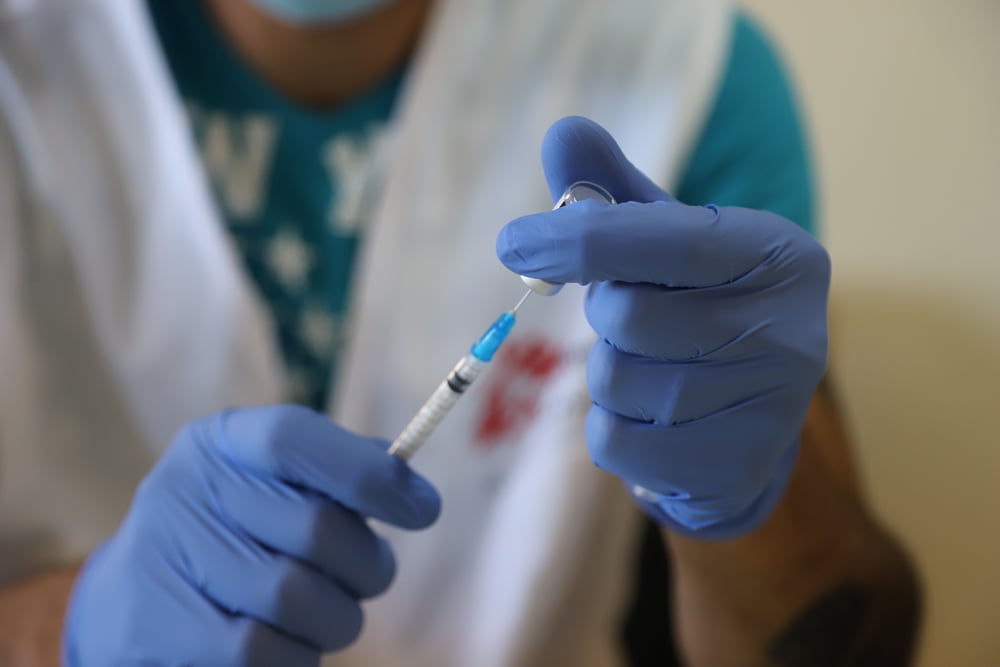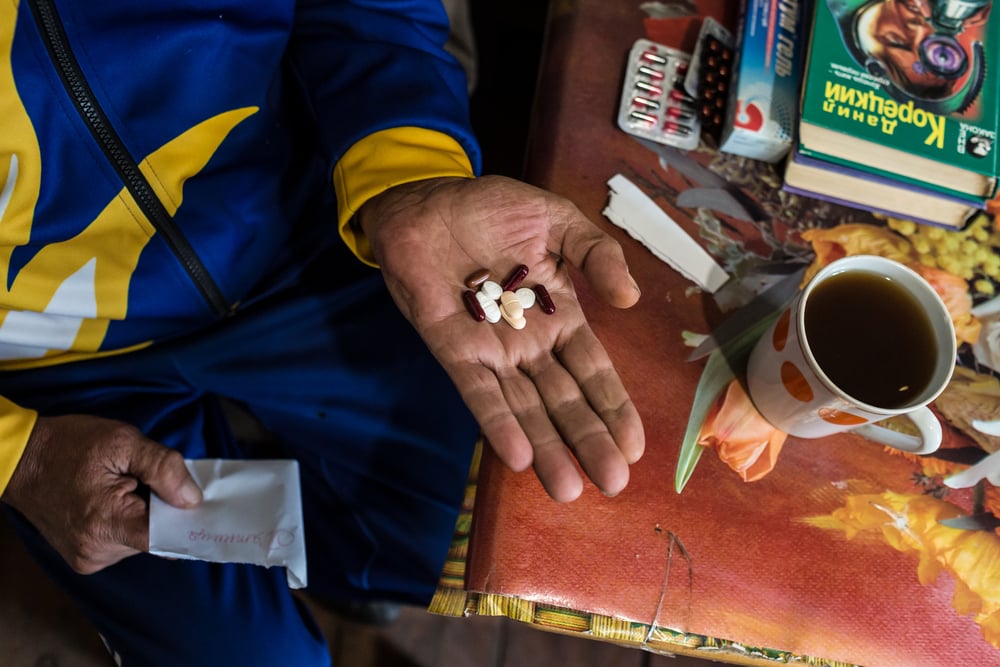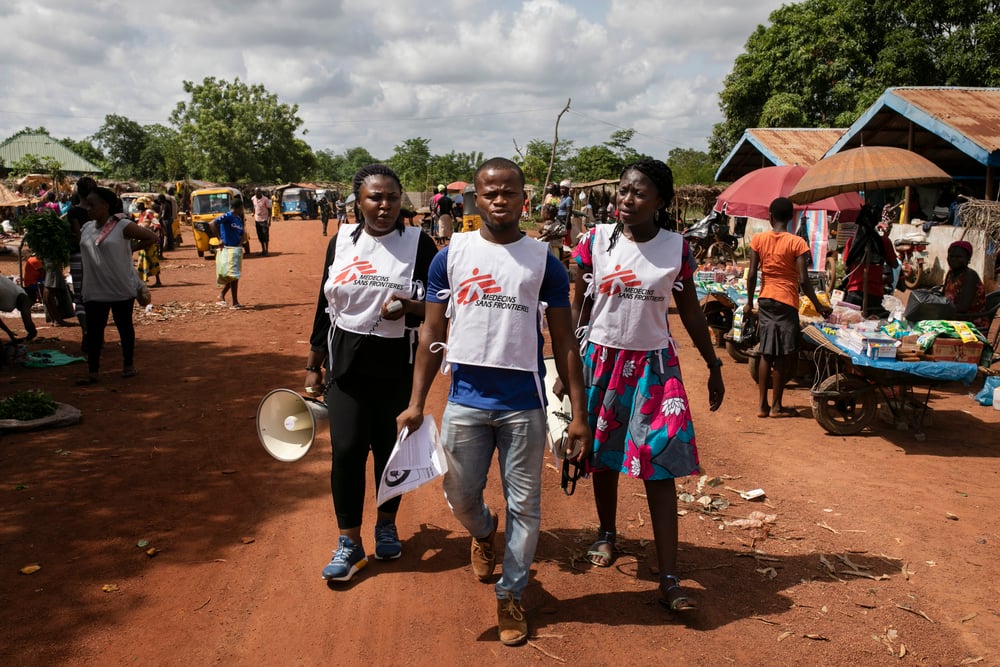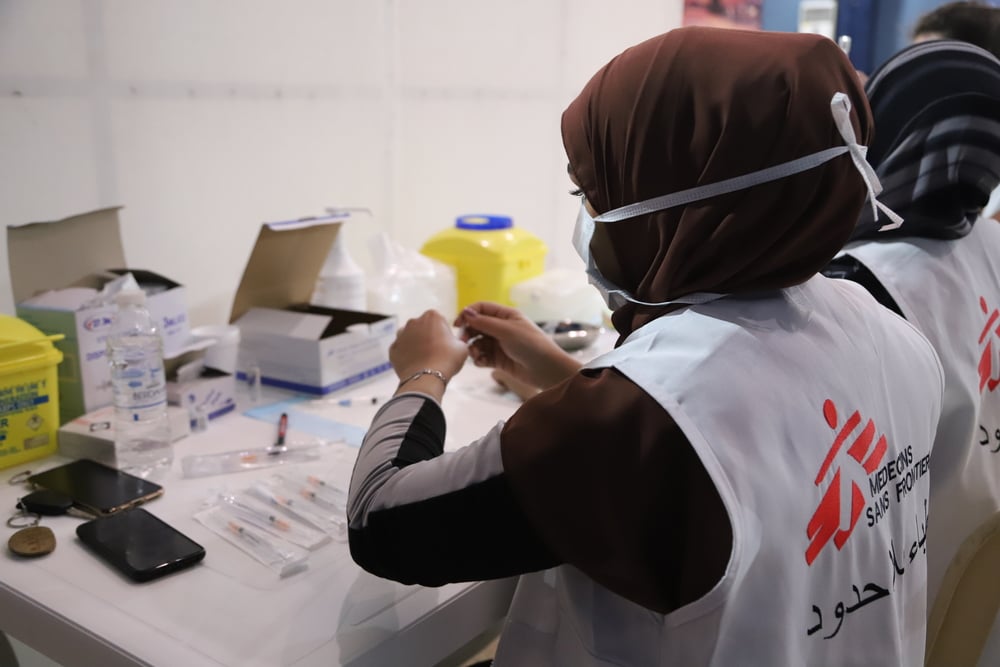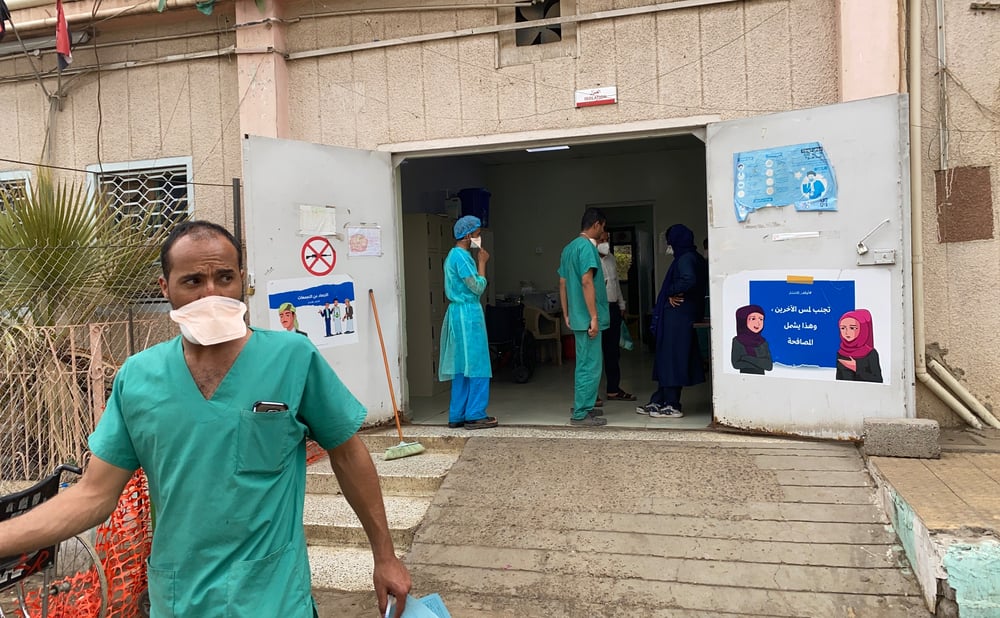Eastern DRC: The human cost of global humanitarian funding gaps
In eastern DRC, gaps in humanitarian funding result in immense suffering.
Esther is a mother of three sheltering at a camp for displaced people in North Kivu, a province in eastern Democratic Republic of Congo (DRC). She and her family have fled war three times in recent months. “I had hope of returning and getting my life back,” she recently told Doctors Without Borders/Médecins Sans Frontières (MSF) teams at the Elohim camp near the provincial capital of Goma, “but I’m obliged to stay and suffer in this camp.”
She is one of an estimated 6 million people who have been forced from their homes by fighting between various armed groups in the region. Esther and other people who have arrived in Goma in search of safety, shelter and humanitarian assistance have instead mostly found squalid and overcrowded camps that provide little in the way of protection or meeting people’s basic needs. “Some of the displaced are receiving food aid,” she said, “[but] others are not. The most vulnerable are starving to death. At the moment, finding food is a miracle.”
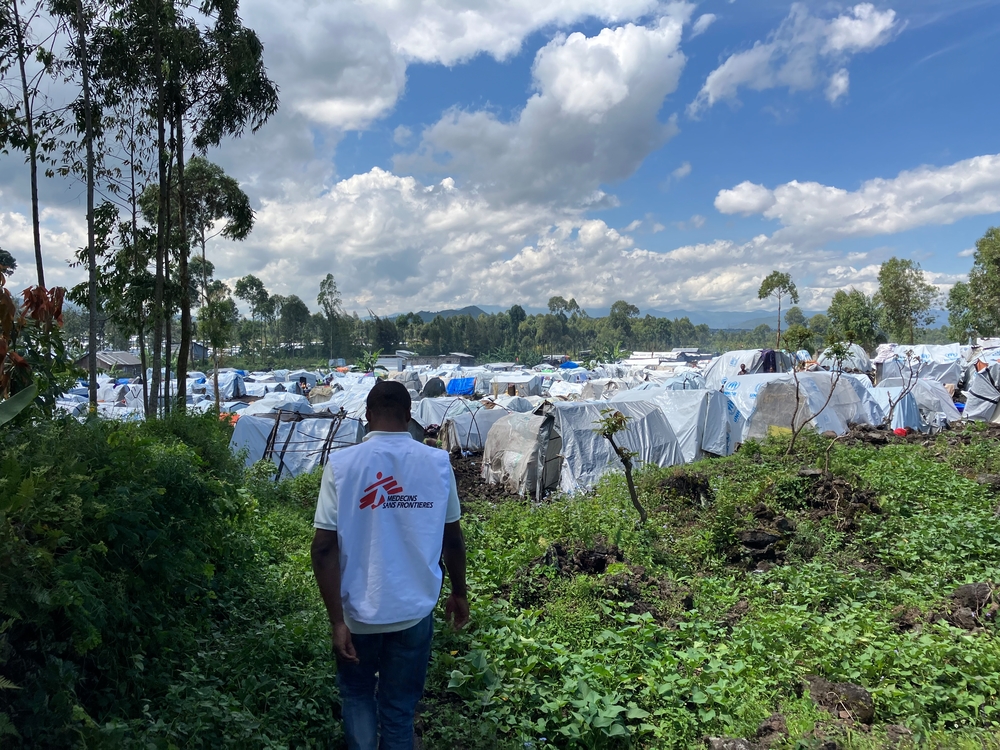
The brutal conflict in eastern DRC has created a major humanitarian crisis. But the international humanitarian system that is supposed to respond to such crises has failed to alleviate much of the immense suffering faced by civilians. Many people cannot find food or clean water. At overcrowded displacement camps there are not enough safe shelters and hardly any safe latrines or places to wash. Sexual violence, which is perpetrated both within and surrounding the camps and by armed groups fighting the conflict, has reached alarming levels, targeting mainly women and girls of all ages, but there is little in the way of protection or care for the survivors.
A major problem is a lack of funding for the humanitarian response – today, only 50.2% of the humanitarian funding needed has been committed.
There are efforts under way to meet the most urgent needs. But for most of the last two years, a lack of resources has meant that United Nations agencies and humanitarian and development actors have been unable to scale up activities to meet many of the needs. That has prevented essentials such as food distributions, water systems, protection services, shelter, and emergency response services from reaching people who are in desperate and dangerous situations.
A major problem is a lack of funding for the humanitarian response – today, only 50.2% of the humanitarian funding needed has been committed. Responding effectively to humanitarian emergencies requires large-scale deployments of personnel, supplies and financial resources. The humanitarian system relies heavily on funding from governments in the international community, whose humanitarian assistance budgets include contributions to the UN and other relevant multilateral bodies, and also provide the funding on which many private organizations depend to carry out humanitarian programming in crises.
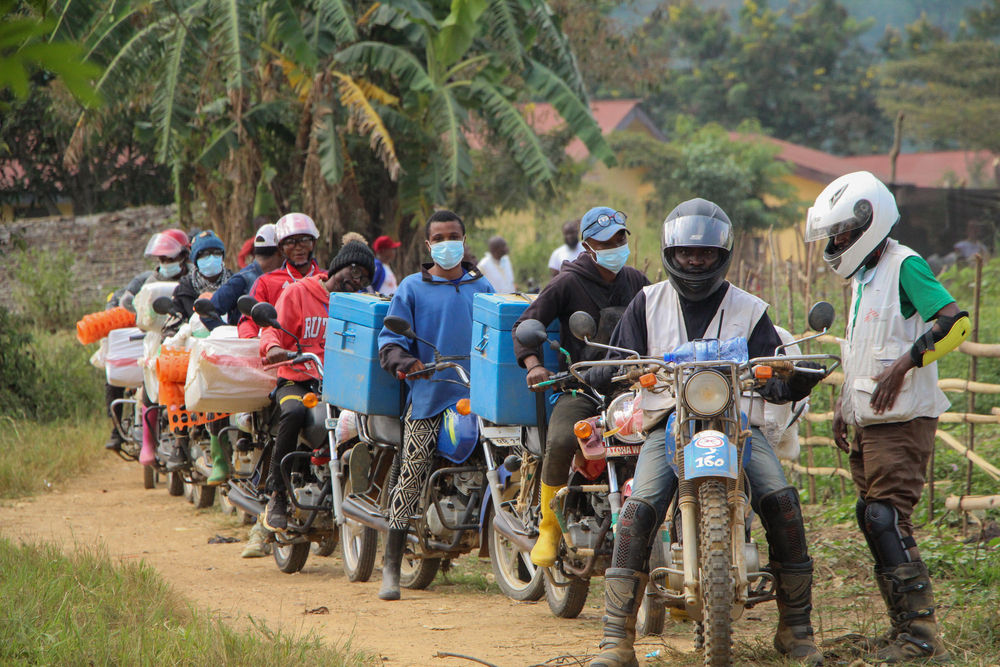
In recent years, that funding has become more and more strained, as governments have struggled to respond to multiple simultaneous and large-scale global emergencies while some aid budgets remain stagnant or, worse, have shrunk. There has been no dedicated funding mechanism announced specifically to address the crisis in North Kivu and surrounding provinces, and many organizations have been unable to scale up their activities accordingly.
Only 30% of the total needs identified for 2024 – covering humanitarian assistance for more than 186 million people in 73 different countries – had been reached, a shortfall of US$34.5-billion.
DRC is not the only example of rising but unmet humanitarian needs due to critical financing issues. Overall, the Global Humanitarian Overview (GHO), a consolidation of various international response plans in need of funding, reported at the end of August that only 30% of the total needs identified for 2024 – covering humanitarian assistance for more than 186 million people in 73 different countries – had been reached, a shortfall of US$34.5-billion.
Such numbers represent very severe human consequences. In the camps in Goma in eastern DRC, insufficient food distributions are not only a concern in terms of malnutrition, but also contribute to increased exposure to sexual violence. Many of the survivors of rape treated by MSF medical teams in the Goma camps report they were attacked while trying to find the food or money they need to feed their children. Issues that could be addressed with even small amounts of funding, such as a lack of lighting in the camps or locks on the doors of latrines, also make vulnerable people more susceptible to such attacks. These risks exist on top of the rising levels of diseases such as cholera when camp latrines remain either unbuilt or unemptied.
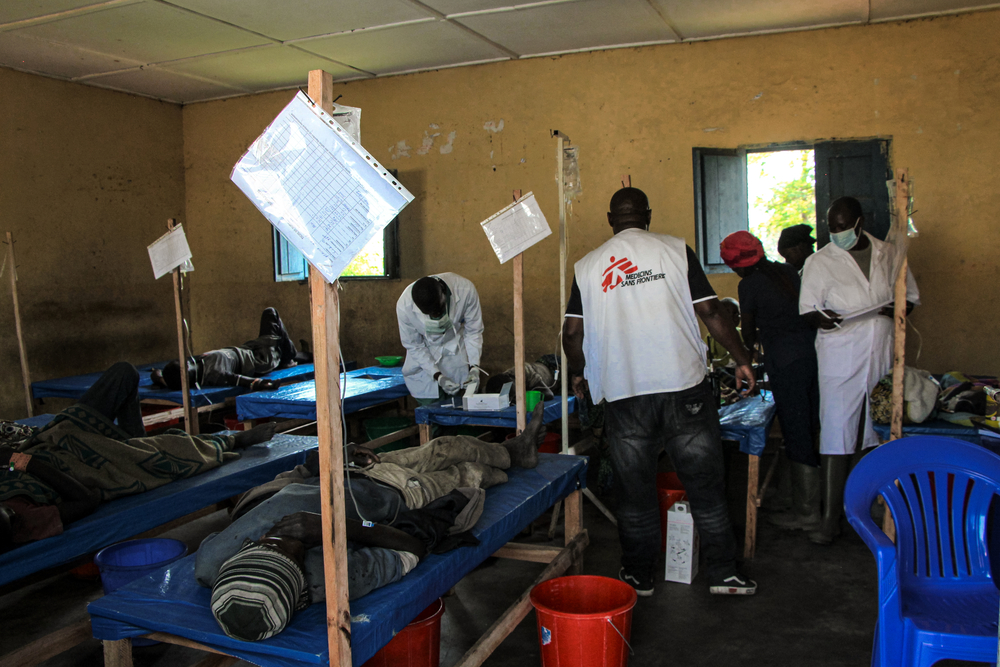
As more and more people around the world are impacted by large-scale global crises – from conflicts to disease outbreaks to climate-linked disasters – the willingness and ability of governments to respond to those crises and address the suffering they cause appears to be ebbing. Faced with an immense array of overwhelming priorities, many traditional donor countries are cutting their humanitarian assistance budgets, forcing aid agencies to try to do more with less. Canada has been a welcome recent exception to this trend. The result is higher levels of need, and more people left with nowhere to turn.
As an independent humanitarian medical organization, MSF does not rely on government funding for its lifesaving activities in more than 70 countries around the world. We do receive some financing from select countries, including Canada; however, to maintain our neutrality and impartiality in conflict settings, more than 95% of our global funding comes from private donors.
Thanks to that support, our emergency medical teams have continued to respond to urgent needs in places around the world where emergencies strike. In eastern DRC, we were already running many interventions in 2022 when the conflict in the region surged, and we scaled up our activities in response. In addition to providing primary medical care, we have been treating people affected by cholera and measles outbreaks, running malnutrition programs, and providing medical and psychosocial care for survivors of sexual and gender-based violence. We have also built sanitation facilities and provided clean water in multiple displacement camps. Our teams operate across the eastern provinces of North Kivu, South Kivu and Ituri, often in places where no other humanitarian responders are present.
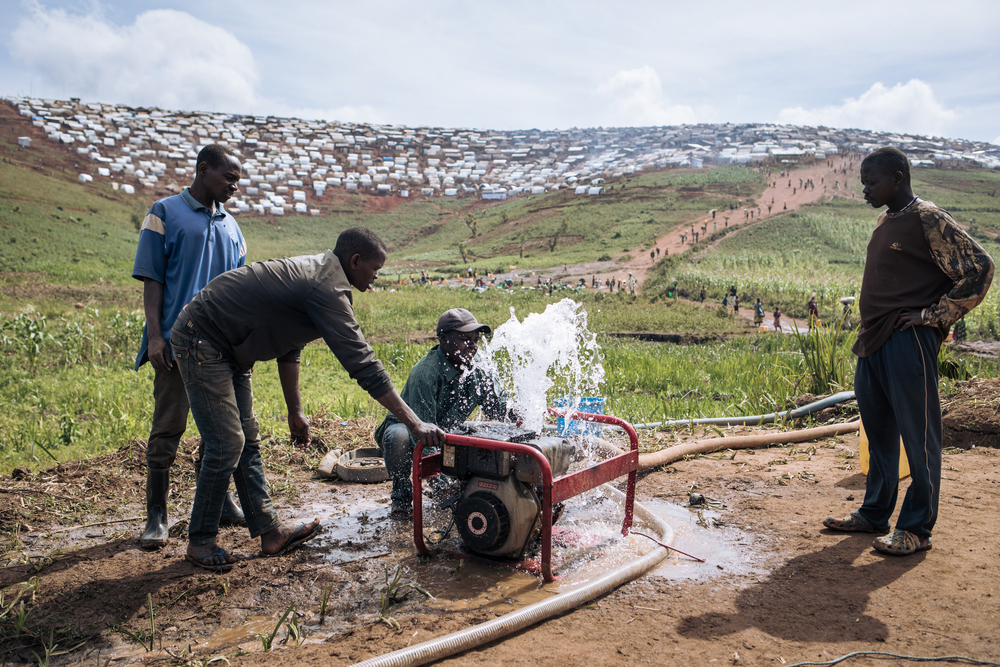
We cannot do everything alone. Many other agencies depend on institutional funding from donor governments and cannot take more action without additional support. That’s why MSF has been calling for more than a year for a scale-up in the humanitarian response, and for the funding needed to do so.
In situations of conflict and crisis, minutes matter. When time is lost in the response to displacement, violence and malnutrition, lives are often lost, too. In eastern DRC, where it has taken more than two years for many governments to even acknowledge that a new and urgent emergency is taking place, hundreds of thousands of people have run out of options. An effective international humanitarian emergency response system should be a priority for all members of the international community.
